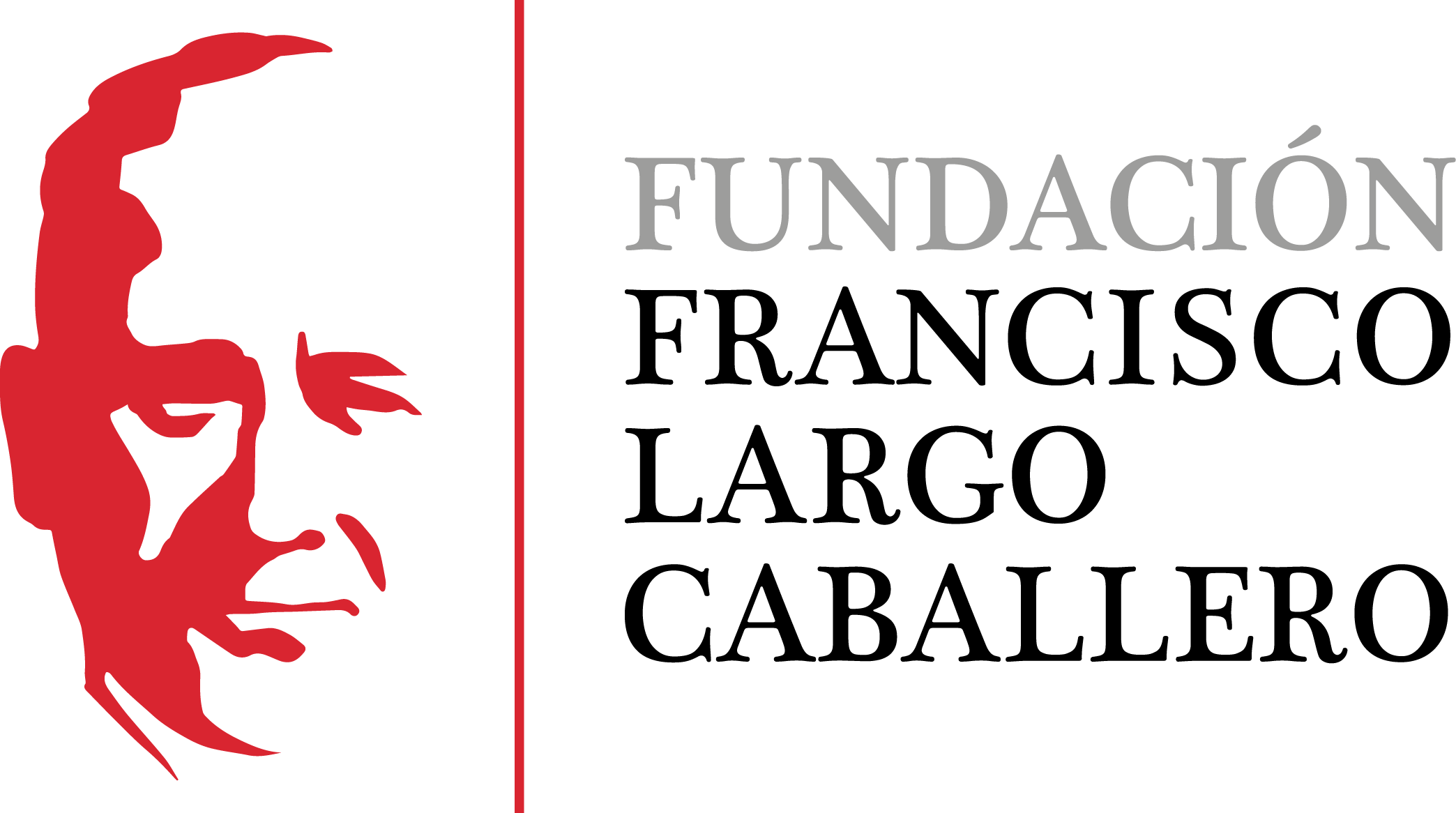Patria, nación y Estado en la Monarquía constitucional portuguesa
DOI:
https://doi.org/10.69791/rahc.204Palabras clave:
Nación, Monarquía, Liberalismo, Portugal, RepúblicaResumen
Se parte de la hipótesis: la revolución liberal portuguesa de 1820, que instauró una Monarquía representativa, intentó anclar, como la Constitución de Cádiz de 1812, una nación cívica en el ideal res publicano de «patriotismo constitucional». Sin embargo, con el dominio conquistado por la corriente más conservadora del liberalismo, identificada con un constitucionalismo otorgado por el Rey, no sólo se instaló una ecléctica coexistencia entre el principio monárquico y el principio nacional, sino que predominará un modelo de Estado centralista de inspiración francesa. Contra él, surgirán a la derecha alternativas de pendor tradicionalista e integralista y, a la izquierda, propuestas de orientación republicana. Y, si ambos movimientos reivindicaban una organización político-administrativa de tipo municipalista y descentralizada, los segundos querían ponerla al servicio de la democratización de la sociedad, por lo tanto, de la República. Y ése sería el mejor medio de combate contra el caciquismo que el sistema representativo de la Monarquía constitucional y la reproducción de sus élites político-partidarias generarían.
Descargas
Estadísticas globales ℹ️
|
112
Visualizaciones
|
25
Descargas
|
|
137
Total
|
|
Descargas
Publicado
Cómo citar
Número
Sección
Licencia
Derechos de autor 2010 Fernando Catroga; Beatriz Peralta García

Esta obra está bajo una licencia internacional Creative Commons Atribución 4.0.
Alcores es una revista de acceso abierto. Facilita el acceso sin restricciones a sus contenidos desde el momento de su publicación. Respetamos los derechos de propiedad intelectual y, por ese motivo, el autor conserva los derechos de autor. Todos los contenidos se distribuyen bajo una licencia de uso y distribución Creative Commons Reconocimiento 4.0 Internacional (CC BY 4.0). Las condiciones de la licencia se pueden consultar en https://creativecommons.org/licenses/by/4.0/
Con esta licencia se permite compartir (copiar y redistribuir el material en cualquier medio o formato) y adaptar (remezclar, transformar y crear a partir del material para cualquier finalidad), siempre que se reconozca la autoría y la primera publicación en esta revista, se proporcione un enlace a la licencia y se indique si se han realizado cambios.
Este tipo de licencia facilita la libertad de reutilización y asegura que los contenidos de esta revista puedan ser utilizados para las necesidades de investigación.









